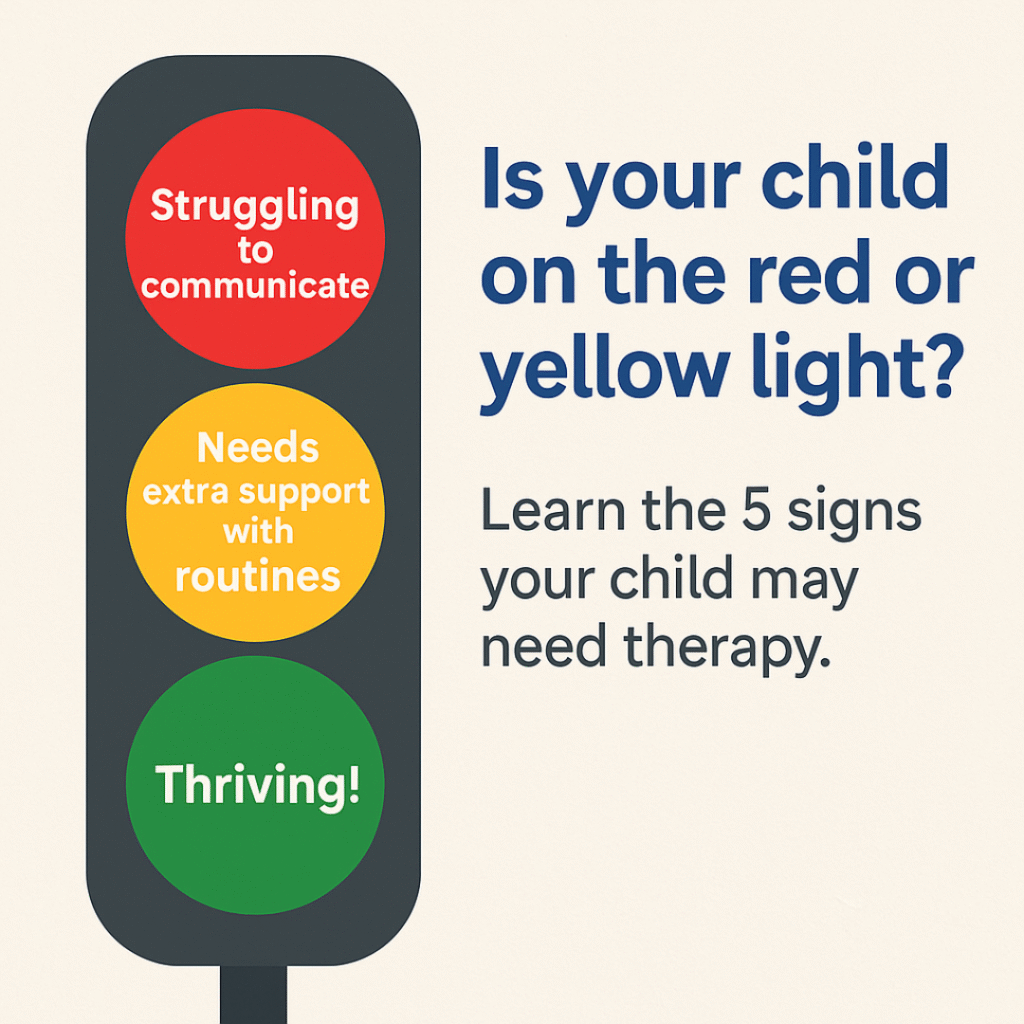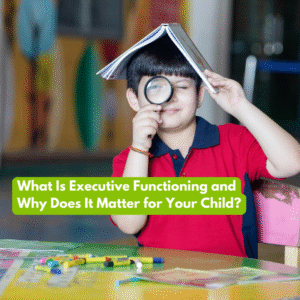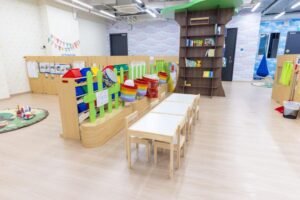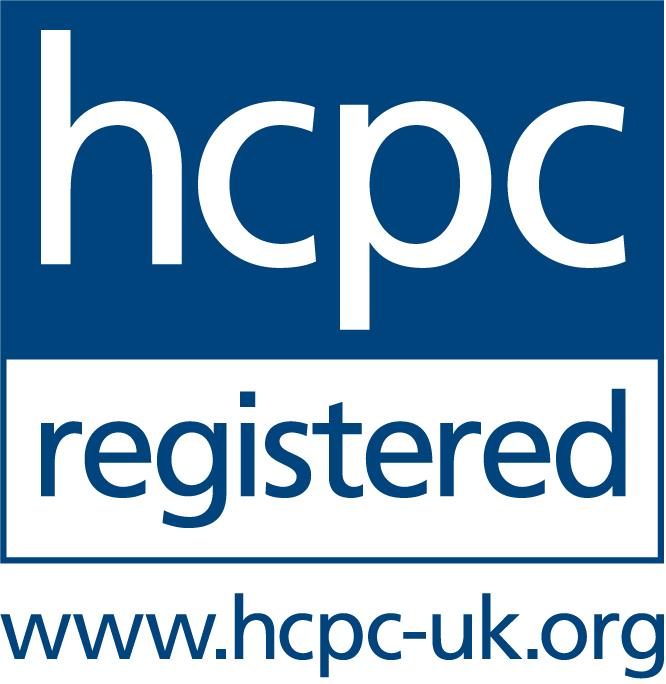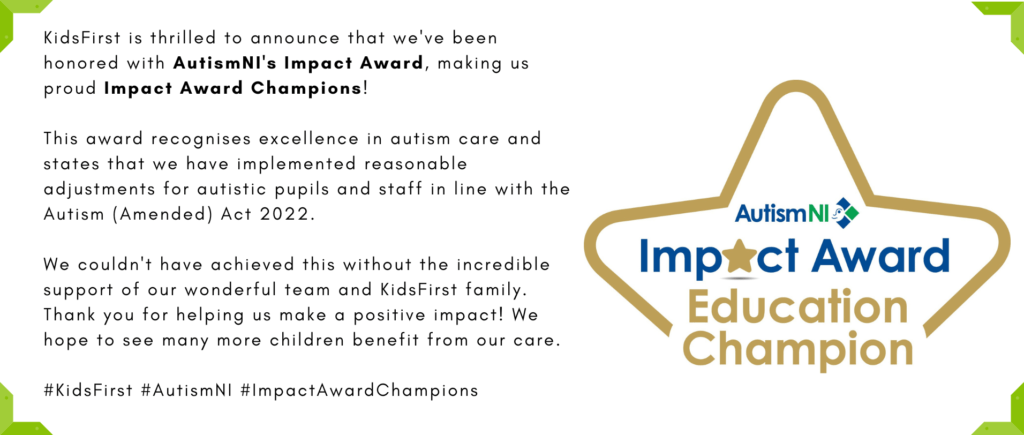Parenting is full of questions, especially when it comes to your child’s development. Every child grows at their own pace, but sometimes, children might face challenges that require professional support. Therapy services, such as occupational therapy, speech therapy, and physical therapy, can help children build essential skills for daily life, learning, and social interaction.
But how do you know if your child might benefit? Here are the top 5 signs to watch for.
Difficulty with Communication and Language
Communication is more than just talking—it’s how your child expresses needs, shares ideas, and connects with others. Signs to look for:
- Limited vocabulary or trouble forming sentences for their age
- Difficulty following instructions
- Trouble expressing emotions or needs clearly
- Struggling with social conversation skills
How therapy helps: Speech and language therapy can improve articulation, understanding, and expressive language, helping your child communicate effectively at home, school, and with friends.
Struggles with Daily Tasks (Self-Help Skills)
Daily routines such as dressing, feeding, or brushing teeth can reveal areas where children need support. Signs include:
- Trouble with buttoning, tying shoelaces, or using utensils
- Difficulty following multi-step instructions
- Frequent frustration during routine tasks
How therapy helps: Occupational therapy supports fine motor skills, coordination, and independence, allowing children to confidently manage everyday tasks.
Challenges with Social Skills and Peer Interaction
Making friends, sharing, and cooperating with others can be difficult for some children. Warning signs:
- Avoiding social interactions or having trouble making friends
- Difficulty understanding social cues, like turn-taking or body language
- Frequent conflicts with peers
How therapy helps: Social skills programs guided by therapists teach children how to navigate social situations, build empathy, and develop meaningful relationships.
Emotional or Behavioral Difficulties
Children often communicate through behavior. Watch for:
- Frequent meltdowns or frustration over small challenges
- Trouble managing emotions like anger, anxiety, or fear
- Difficulty transitioning between activities or routines
How therapy helps: Therapists teach strategies for emotional regulation, coping skills, and self-awareness, helping children respond to challenges more calmly and confidently.
Sensory Processing Differences
Sensory challenges can affect how children experience the world, impacting their learning and daily life. Look out for:
- Overreaction or underreaction to sounds, textures, lights, or touch
- Constant fidgeting, seeking movement, or avoiding certain sensations
- Difficulty focusing in noisy or busy environments
How therapy helps: Occupational therapy, sensory integration programs, and structured play sessions help children process sensory input effectively, improving attention, comfort, and participation in daily activities.
When to Seek Professional Advice
If your child shows one or more of these signs consistently, it might be time to consider an assessment with a qualified therapist. Early intervention can make a significant difference in their growth, learning, and confidence.
At KidsFirst, our team of experienced therapists works with children and families to create individualized therapy plans that support growth, independence, and social confidence.
📞 Call us today to book a consultation – +65 9166 5597
💌 Email us at support@kidsfirst.co
🌐 Visit our website to learn more about our programs and services – https://kidsfirst.co/

